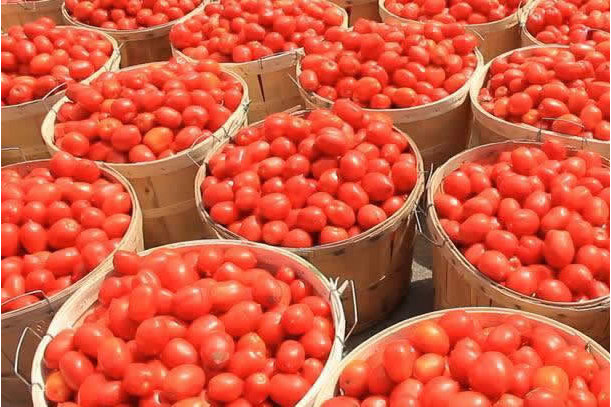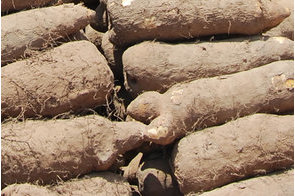Latest News
Rising food prices push Nigeria’s inflation higher to 14.89 per cent

News Highlight
The headline inflation rate has risen by 387 bps since August 2019, while the food inflation rate has risen by 513 bps in the same period.
Nigeria’s land border closures, COVID-19 restrictions and increase in transportation costs due to higher petrol prices since the removal of petrol subsidy in the country have continued to cause rising food costs in the country. A sharp rise in food inflation contributed significantly to an increase in Nigeria’s Consumer Price Index (CPI) to 14.89 per cent year-on-year in November 2020, according to the monthly inflation report released today by the National Bureau of Statistics (NBS).
The increase in the CPI – which measures inflation – represents 66 basis points (bps) (or 0.66 percentage point) increase, compared to 14.23 per cent reported in October 2020. The latest inflation figure shows the headline index has been rising for fifteen consecutive months.
It is also the highest inflation rate recorded since February 2018 when the CPI stood at 14.33 per cent. On a month-on-month basis, the CPI rose by 1.60 per cent in November, or 0.06 percentage point higher than the rate recorded in the previous month (1.54 per cent).
While there were increases in all major indices that yielded the latest data for the CPI, CardinalStone Partners, an investment advisory firm, said the latest inflation rate was primarily driven by the acceleration in food inflation. Like the headline index, the food sub-index in October was also the highest recorded in nearly three years.
"The sustained rise in food prices continued to pressure inflation higher in November, offsetting the mild deceleration in Core inflation," CardinalStone Partners wrote in a note today following the release of the NBS report.
Food inflation – which accounts for more than half the inflation basket – rose sharply by 92 bps to 18.30 per cent last month compared to 17.38 per cent reported in October 2020, according to the statistics agency.
The NBS said the rise in the food inflation was caused by increases in prices of bread and cereals; potatoes, yam and other tubers; oils and fats; fish and meat; vegetables and fruits. The food sub-index increased on a month-on-month basis by 2.04 per cent last month, representing 0.08 percentage points increase from the 1.96 per cent recorded in October 2020.
Based on state profiles, food inflation was highest in Kogi (24 per cent), Sokoto and Zamfara (20.60 per cent) and Ebony (20.20 per cent), while Abia (16.20 per cent), Bauchi (15.60 per cent) and Gombe and Nasarawa (15 per cent) recorded the slowest rise.
Core inflation, which excludes the prices of volatile agricultural produce, stood at 11.05 per cent in November, down by 0.09 percentage point when compared to the preceding review period. The NBS said the highest increases were recorded in prices of passenger transport by air, pharmaceutical products, hospital and medical services, paramedical services, maintenance and repair of personal transport equipment.
Price increases were also recorded in vehicle spare parts, motor cars, and hairdressing salons and personal grooming establishments.
The latest data shows the headline inflation rate has risen by 387 bps since August 2019, while the food inflation rate has risen by 513 bps in the same period. According to the NBS, urban inflation rose by 66 bps to 15.47 per cent last month compared to 14.81 per cent recorded in the previous month, while rural inflation increased by 65 bps to 14.33 per cent in November from 13.68 per cent in September.
Related News
Latest Blogs
- The Museum of West African Art saga
- The complexity and complication of Nigeria’s insecurity
- Between bold is wise and wise is bold
- Prospects of port community system in Nigeria’s maritime sector
- Constitutionalism must anchor discipline in Nigerian Armed Forces
Most Popular News
- NDIC pledges support towards financial system stability
- Artificial intelligence can help to reduce youth unemployment in Africa – ...
- Afreximbank backs Elumelu’s Heirs Energies with $750-million facility
- AfDB and Nedbank Group sign funding partnership for housing and trade
- GlobalData identifies major market trends for 2026
- Lagride secures $100 million facility from UBA







